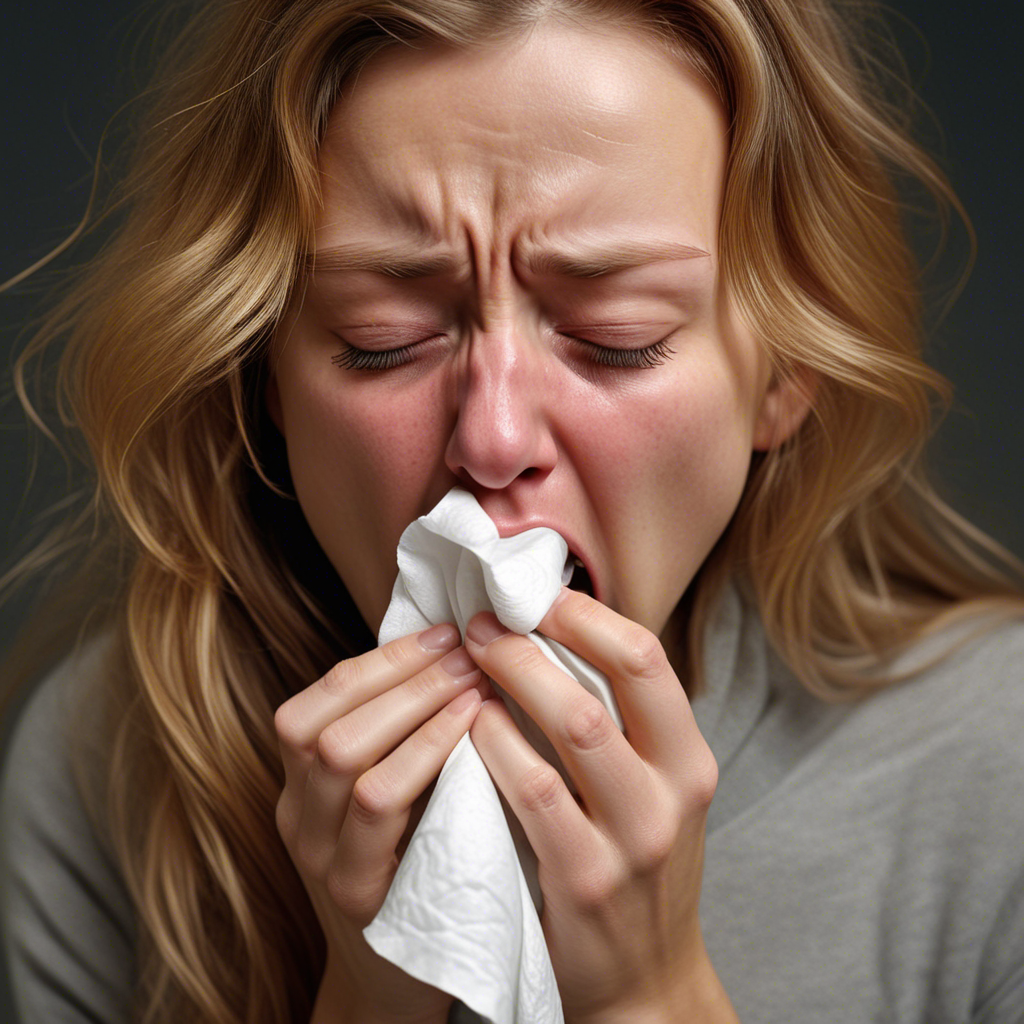Flu season is a time of year when the influenza virus is most active, and it can be a challenging time for many people. The flu can cause a range of symptoms, from mild to severe, and can even lead to serious complications, such as pneumonia and bronchitis. However, by taking some simple precautions and following a few tips, you can reduce your risk of getting the flu and stay safe during flu season.
Understanding the Flu
Before we dive into the tips and precautions, it’s essential to understand the flu and how it spreads. The flu is a contagious respiratory illness caused by the influenza virus. It can be spread through:
- Droplets: When an infected person talks, coughs, or sneezes, they release droplets that can land on surfaces or be inhaled by others.
- Contact: Touching surfaces or objects that have the flu virus on them and then touching your mouth, nose, or eyes.
- Airborne transmission: The flu virus can also be spread through the air, especially in crowded areas or enclosed spaces.
Tips for Staying Safe During Flu Season
Here are some tips to help you stay safe during flu season:
- Get vaccinated: The flu vaccine is the most effective way to prevent the flu. It’s available at most healthcare providers and pharmacies, and it’s recommended that everyone 6 months and older get vaccinated each year.
- Practice good hygiene: Wash your hands frequently with soap and water, especially after coughing or sneezing. Use hand sanitizer if soap and water are not available.
- Avoid close contact: Try to avoid close contact with people who are sick, especially if they have the flu.
- Stay home if you’re sick: If you’re experiencing flu-like symptoms, stay home from work or school to prevent spreading the virus to others.
- Cover your mouth and nose: When you cough or sneeze, cover your mouth and nose with a tissue or your elbow to prevent spreading the virus.
- Clean and disinfect: Regularly clean and disinfect surfaces and objects that may have the flu virus on them, such as doorknobs, light switches, and countertops.
- Stay physically active: Regular exercise can help boost your immune system and reduce your risk of getting the flu.
- Get enough sleep: Lack of sleep can weaken your immune system, making you more susceptible to the flu. Aim for 7-9 hours of sleep per night.
- Manage stress: Stress can also weaken your immune system. Try stress-reducing techniques, such as meditation or deep breathing exercises.
- Stay hydrated: Drink plenty of fluids, such as water, tea, and soup, to help keep your body hydrated and your immune system functioning properly.
Precautions for High-Risk Groups
Certain groups of people are at a higher risk of getting the flu and experiencing serious complications. These groups include:
- Older adults: People 65 and older are at a higher risk of getting the flu and experiencing serious complications.
- Young children: Children under 5 are at a higher risk of getting the flu and experiencing serious complications.
- Pregnant women: Pregnant women are at a higher risk of getting the flu and experiencing serious complications.
- People with certain health conditions: People with certain health conditions, such as heart disease, lung disease, and diabetes, are at a higher risk of getting the flu and experiencing serious complications.
If you’re in one of these high-risk groups, it’s essential to take extra precautions to stay safe during flu season. This may include:
- Getting vaccinated: The flu vaccine is especially important for high-risk groups.
- Practicing good hygiene: Wash your hands frequently and avoid close contact with people who are sick.
- Staying home if you’re sick: If you’re experiencing flu-like symptoms, stay home from work or school to prevent spreading the virus to others.
- Seeking medical attention: If you’re experiencing severe symptoms or complications, seek medical attention immediately.
Conclusion
Staying safe during flu season requires a combination of precautions and good hygiene practices. By following these tips and taking extra precautions if you’re in a high-risk group, you can reduce your risk of getting the flu and stay healthy during flu season. Remember to get vaccinated, practice good hygiene, and stay home if you’re sick to prevent spreading the virus to others.


